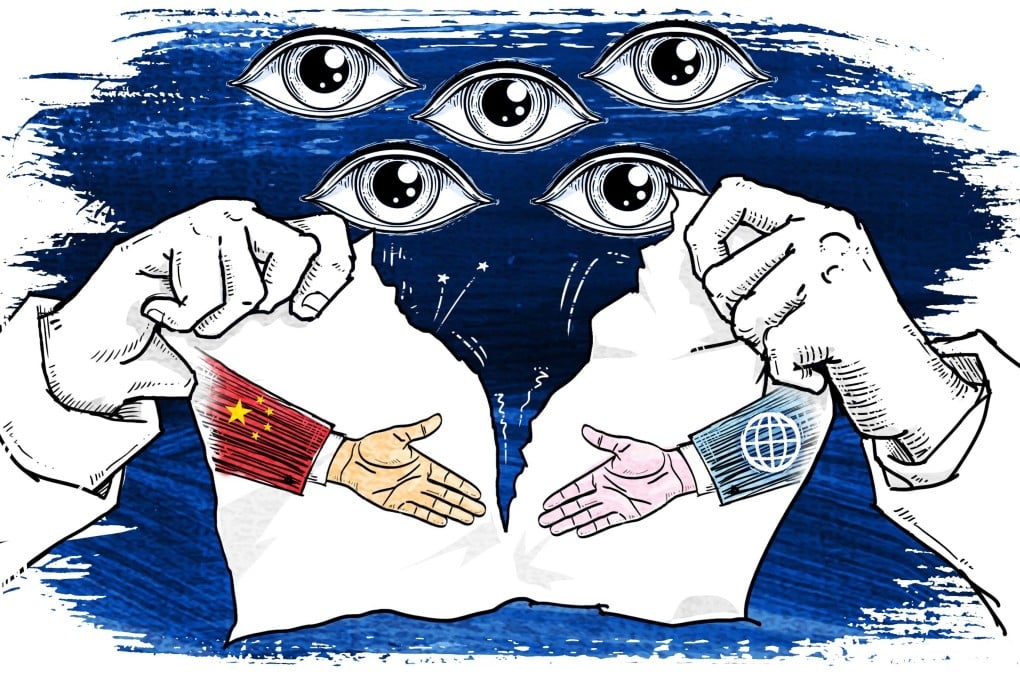Advertisement
Are the Five Eyes nations banding together in united front against China?
- For the last seven decades the network has been an intelligence platform for the US, Britain, Canada, Australia and New Zealand
- But a common message on Hong Kong suggests its remit could become broader
Reading Time:6 minutes
Why you can trust SCMP
53

It’s the oldest intelligence network in the world, and for more than seven decades the members of the Five Eyes – the United States, Britain, Canada, Australia and New Zealand – have exchanged surveillance information.
The grouping grew out of the aftermath of World War II and continued through the Cold War, swapping classified data on the activities and interference by other countries.
For that time, the focus was on intelligence but then last year, that appeared to change, with all five members issuing a statement on Beijing’s imposition of a national security law in Hong Kong and the disqualification of legislative candidates in the former British colony.
Advertisement
This time the focus was squarely on China, shifting from more private intelligence sharing to a more public stance on policy towards Beijing. Besides Hong Kong, the five have also shared concerns over the security of 5G technology from the Chinese telecoms giant Huawei.
Even until very recently, the Five Eyes was still outwardly concentrating on security, with ministers from each country meeting yearly since 2013 to collaborate on shared national security concerns such as access to end-to-end encrypted apps to act against illegal online activities.
Advertisement
The focus on China became clearer last year, as Beijing’s political crackdown in Hong Kong intensified. Last summer, British Foreign Secretary Dominic Raab said he had spoken to his Five Eyes counterparts about “burden sharing if we see a mass exodus from Hong Kong” and shared concerns about a national security law Beijing had imposed on the former British colony.
Advertisement
Select Voice
Select Speed
1.00x